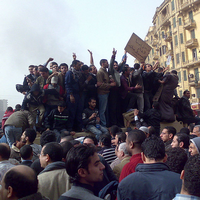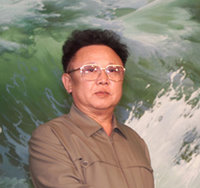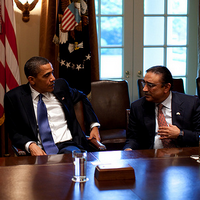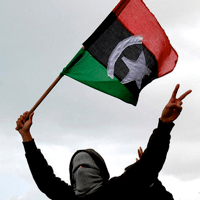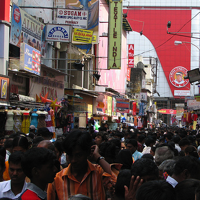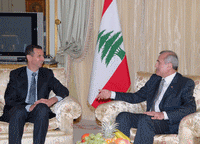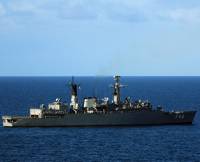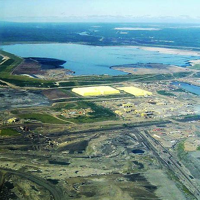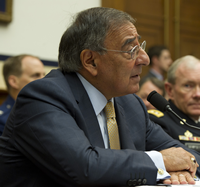
Another round of protests is scheduled for Russia on Saturday, raising the question of whether a “color revolution,” this one characterized by the demonstrators’ white ribbons, capable of toppling the government is in the cards. Media attention invariably focuses on mass demonstrations, banner-waving crowds and Twitter-savvy organizers, yet what happens behind the scenes is usually much more important to the outcome of such movements. Protests are not enough, and for all the color revolutions that succeeded over the past decade — in Serbia, Georgia and Ukraine — there were also some glaring failures, as in Azerbaijan and Belarus. While Russian […]

